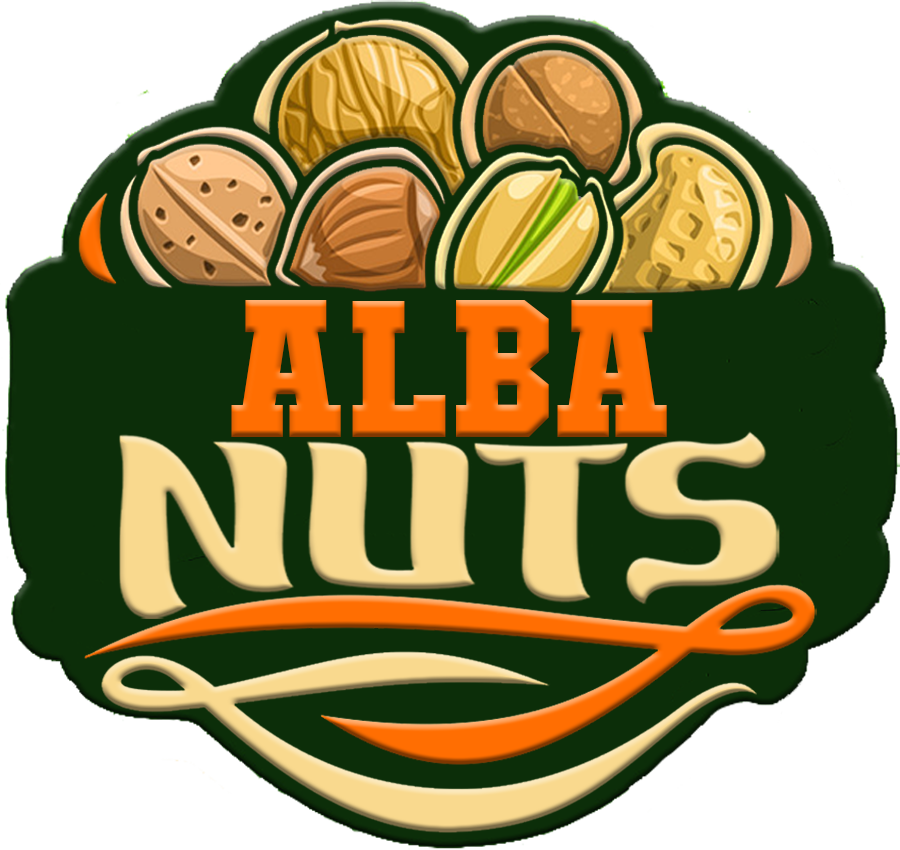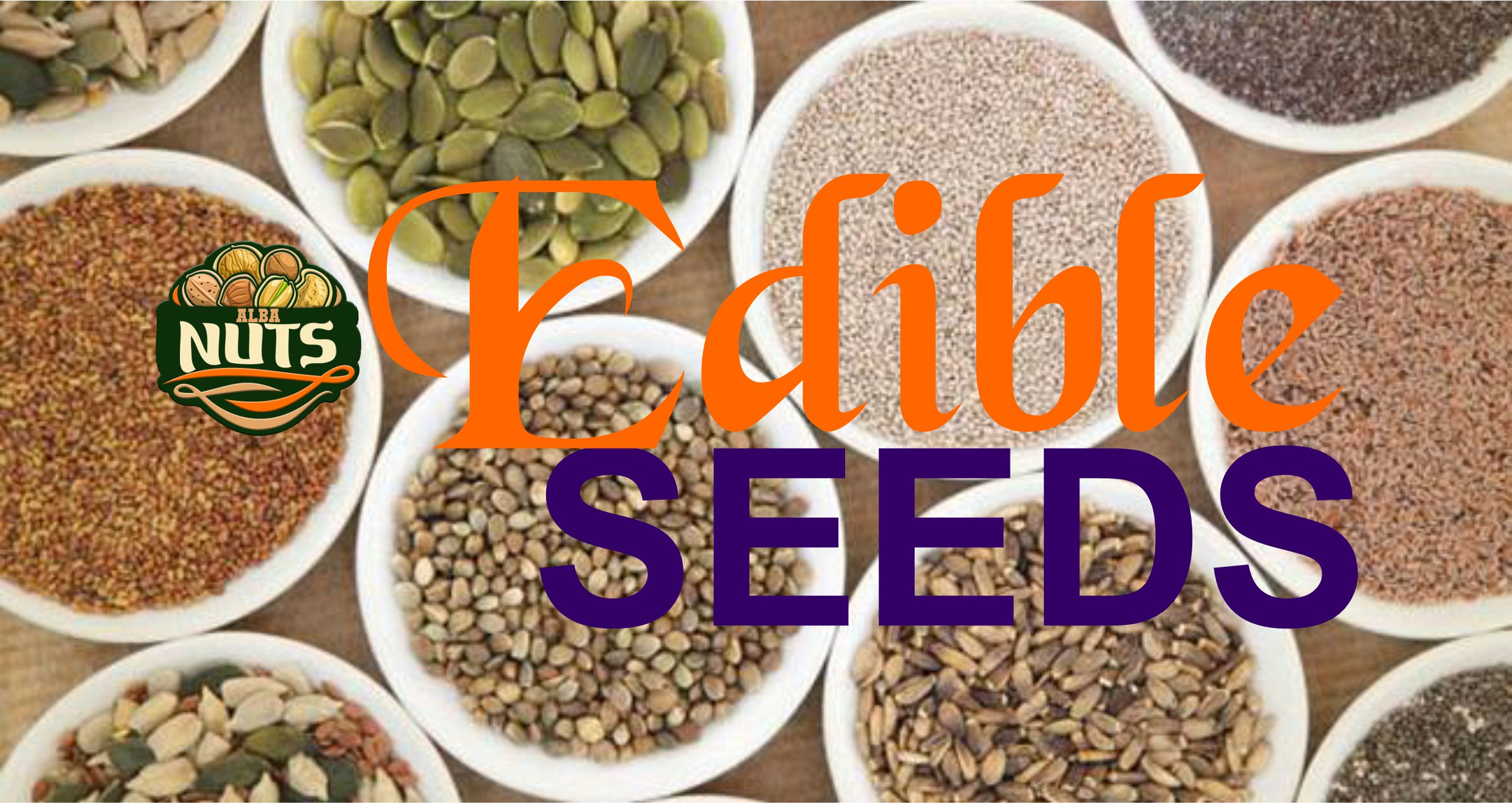Edible seeds are seeds that are suitable for human and animal consumption. Seeds are considered the dominant source of human calories and protein. Seeds are rich in nutrients, vitamins and minerals and have a number of health benefits to the human body. They are versatile and can easily be incorporated into a variety of different recipes. The most important edible seeds by weight are cereals, legumes and then nuts.
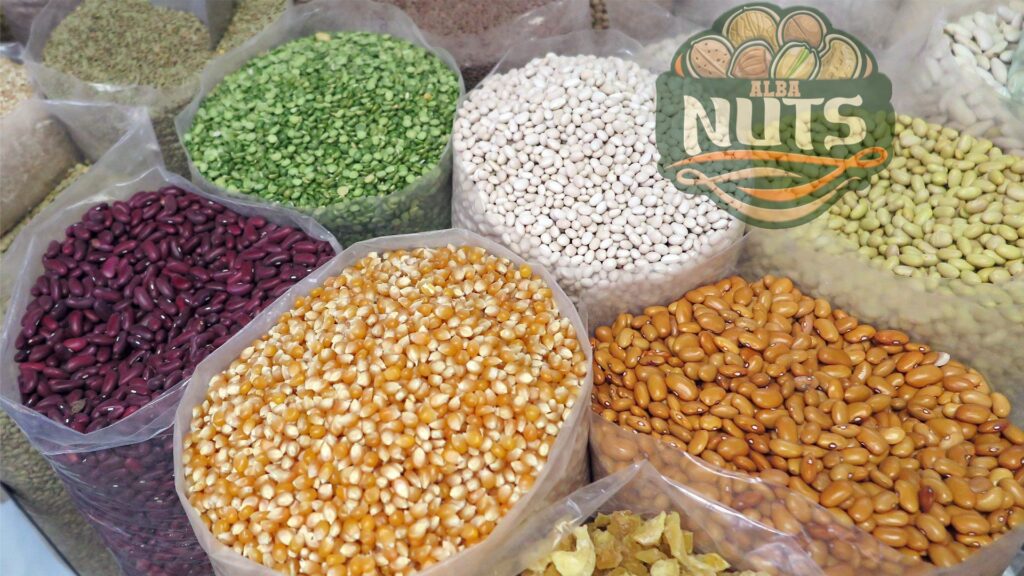
Cereals
True cereals are seeds of specific species of grass, like maize wheat and rice. They can be ground into flour, for making products such as noodles, bread and cake among others. Cereals are either boiled or steamed, either whole or ground and eaten as they are. Cereals include barley, maize, oats, Palmer’s grass, pearl millet, rice, sorghum, triticale, wheat and wild rice. Other pseudo-cereals include breadnut, chia, flax, quinoa and sesame seeds.
Legumes
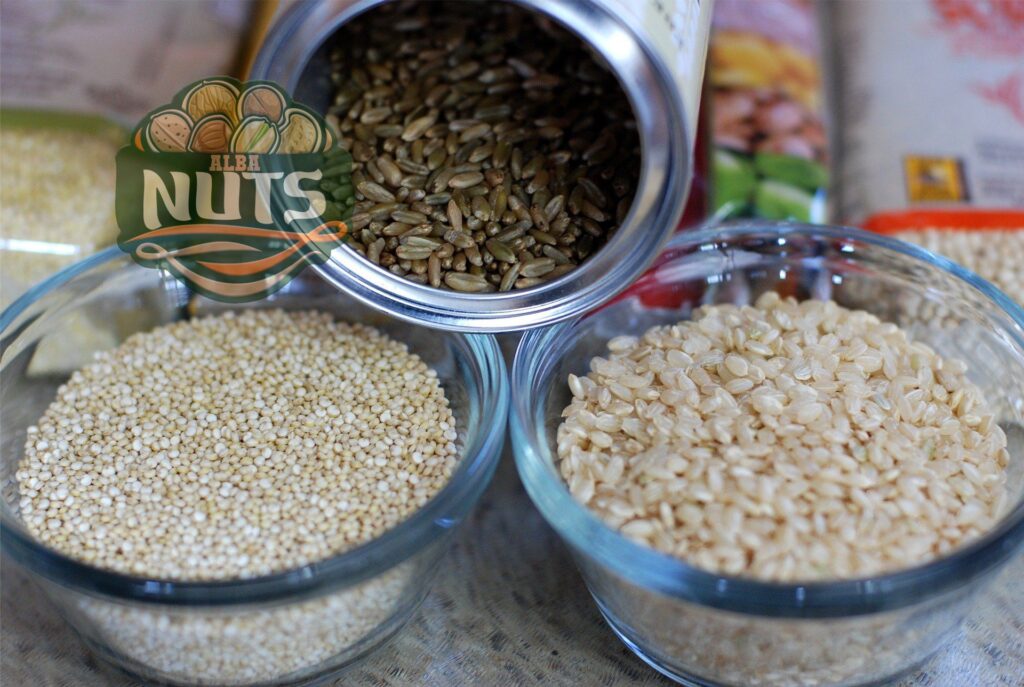
Legumes include beans and pulses such as chickpeas, cowpeas including the black-eyed peas, dry beans such as the common bean, lupin, moringa, pea, peanuts or groundnuts, pigeon pea, soybeans, winged beans and yam beans. Some beans can be consumed raw but some need to be heated before consumption.
Nuts
Botanically, nuts are a particular type of seed. They include acorns, almonds, brazil nuts, cashew nuts, chestnuts, hazelnuts, macadamia nuts, paradise nuts, pistachio, and walnuts.
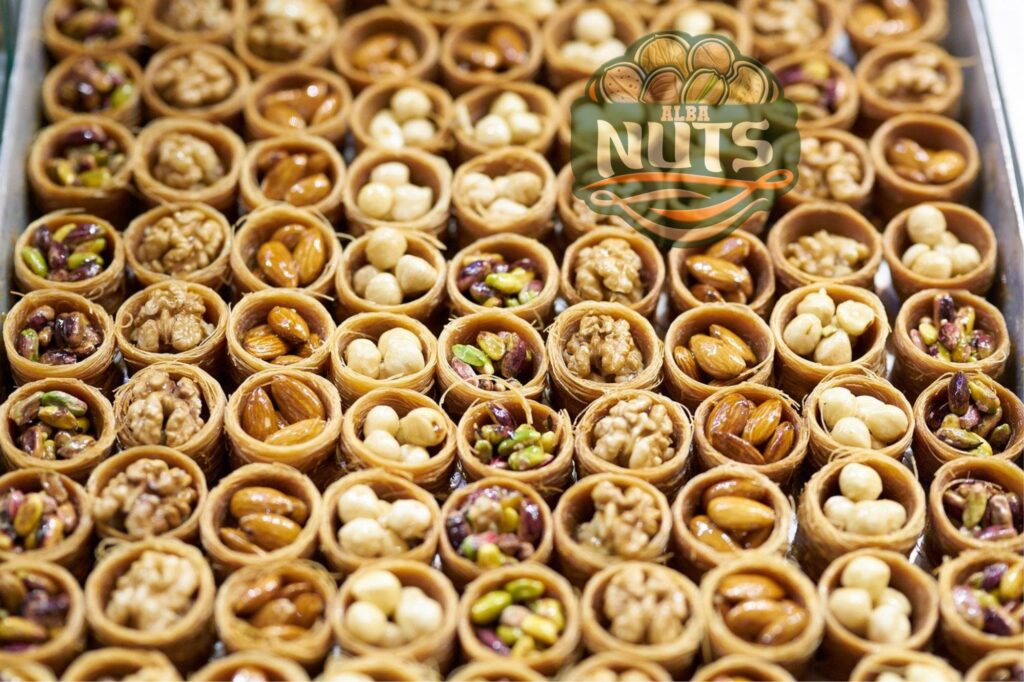
Others
There are others that do not fall into either category. They include the cocoa bean, coffee bean, fox nut, hemp, jackfruit, lotus seed, mustard seed, poppy seed, pomegranate seed, pumpkin seed, sunflower seeds, and watermelon seed, among others
